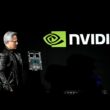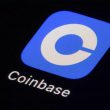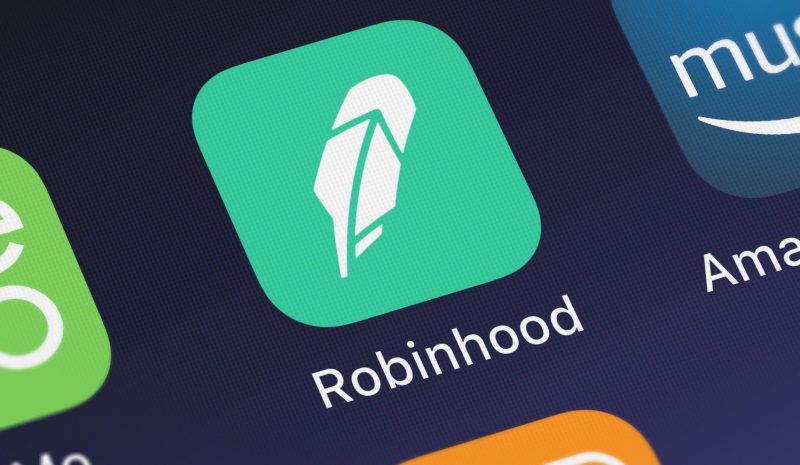When Bitcoin (BTC) was first introduced in January 2009, it was marketed as a coin anybody could mine. This looked to be the case for quite some time. However, as the value of Bitcoin progressively increased, so did the appeal of mining it, and competition quickly grew. Bitcoin Gold and Bitcoin Cash are two of the competition’s results.
What is Bitcoin Gold (BTG)?
Bitcoin Gold (BTG) was introduced in 2017 as a user-friendly Bitcoin substitute. Hang Yin, Martin Kuvandzhiev, and Franco Niebles collaborated to create this open-source cryptocurrency based on Bitcoin (BTC) foundations.
Its primary purpose is to alleviate BTC’s scalability difficulties while also decentralizing the mining business. Bitcoin Gold would do this by creating a new algorithm for miners. Unlike the previous blockchain, which would no longer reward people with specialist equipment but rather even those with regular computers.
Bitcoin Gold (BTG) Tokenomics
The tokenomics of Bitcoin Gold are somewhat distinct. There is a total supply of 21,000,000 BTG, with 17,513,924 BTG in circulation right now. However, its overall trend is inflationary, with gradually declining issuance over time.
At the time of writing, one BTG token costs about $61.03 and has a market capitalization of $1,091,336,468. As a result, Bitcoin Gold is the 112th most valued cryptocurrency.
Is Bitcoin Gold (BTG) on Robinhood?
This is a hot question that crypto enthusiasts have when they think about Shiba Inu and BTG and the likes. To be honest, though, no one knows yet. As no concrete details about when other cryptocurrencies will be available on Robinhood have been released so far.
For the time being, crypto investors on the platform can only trade up to seven different cryptocurrencies: Bitcoin, Ethereum, Dogecoin, Litecoin, Bitcoin Cash, Bitcoin SV and Ethereum Classic.
However, it lists real-time market data for a couple of other coins such as Bitcoin Gold (BTG), Ripple (XRP), and Stellar (XLM).
What is Robinhood?
Baiju Bhatt and Vlad Tenev, both Stanford grads, created Robinhood in 2013 to democratize finance and make it more attainable to younger and less privileged investors. The entity has around 10 million active members and is among the most prominent fintech startups in current history.
Robinhood is among the pioneer brokerages to offer zero-commission trading. It doesn’t charge a commission on trades executed on the network.
Should You Buy Crypto on Robinhood?
The advantages of using a centralized service for buying, selling, and storing cryptocurrency, such as Robinhood Crypto, revolve primarily around ease of use. Especially for traders who are not comfortable managing a crypto wallet and private keys.
Using an app like Robinhood instead of a decentralized exchange gives buyers less control over their assets. Nonetheless, it does away with the need for users to learn how to send, receive, and store cryptocurrency. Some people prefer it this way.
However, the fact that users cannot withdraw or deposit actual crypto coins from their Robinhood account is a disadvantage. Since a Robinhood crypto account does not come with a traditional crypto wallet. It is also not available for people without a U.S. address.
However, Robinhood is currently testing crypto wallets that allow users to spend and trade their crypto assets. A waitlist is already in place. And those on the list will be given access by the end of 2021, with a full release in 2022.





